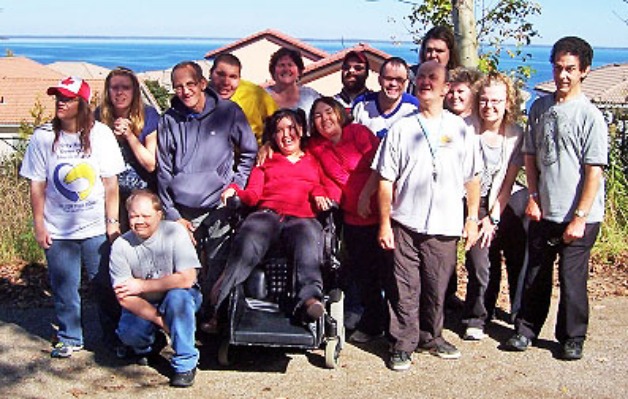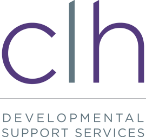Rights and Advocacy
Self Advocates Council
The Self Advocates Council (SAC) at CLH Developmental Support Services was formed in July of 2013. Membership is open to anyone supported by CLH DSS (staff are also welcome). Meetings are held virtually every 3rd Thursday at 1 pm from September to June.
Self Advocates
Council's Vision
It is the vision of the Self Advocates Council to advocate on behalf of ourselves and other adults, about issues affecting our lives. We are committed to educating people about their rights and to understand their ability to make a difference in regards to supports and services offered by CLH Developmental Support Services.

SELF ADVOCATES:
- Speak up for ourselves and others
- Ensure our ideas are heard
- Provide education and information on current issues
- Promote Person Centered Thinking and Supports
- Support existing fundraising initiatives
- Support the community by participating in extra-curricular activities and other charitable endeavors
PEER MENTORING
Peer mentoring is a special relationship that usually takes place between a person who has lived through a specific experience and a person who is new to that experience. Examples of mentoring at CLH can be, but are not limited to:
- Helping someone meet new people
- Helping to connect a newcomer to their community
- Sharing a common interest
- Teaching a new skill
- Supporting someone through a transition i.e. from school to adult services, moving into a group home
For more information or to get an application to become a peer mentor or to request a peer mentor, please email the general mailbox.
Rights Advisory Committee
The Rights Advisory Committee is made up of a group of people who are not staff from the agency. They are people who have an interest in helping people who are supported by CLH Developmental Support Services to be as safe as possible while having as few restrictions of their rights as possible.
How Can You Ask The Rights Advisory Committee For Help?
If you feel your rights have been restricted you can first talk it over with a friend, family member, trusted advisor, or staff. If you want to proceed you can complete a Rights Restriction Form and forward it to the Manager of Individualized Planning and Support, Amanda Rouleau by email. If there is no resolution to your concern, it will be submitted to the Rights Advisory Committee to review the issue and provide recommendations and decisions.
What Can The Rights Advisory Committee Do?
The committee will look at the information about your supports, and the support plan, and make one of the following decisions:
- They may agree with the decision to keep the supports the same and give you the reasons.
- They may agree with the decision to keep your supports the same, review your support plan, and maybe suggest some changes.
- They can suggest that support is not needed and explain why.
- They may find that there is not enough information to review your supports and postpone until the next meeting.
What Are Rights?
Rights are the rules that help make people equal. You are entitled to the same rights under the law as everyone else because you are a person and a citizen.
Some rights are yours when you are born. These are often called “human rights” because every human being has them. Some rights are yours when you become old enough. Some rights are yours because you live in Canada. There are laws to help make sure no one takes away your rights. Rights that are backed by laws are known as “legal rights”.
CLH Developmental Support Services Bill of Rights
- I have the right to be safe
- I have the right to privacy
- I have the right to be respected
- I have the right to access my community
- I have the right to person directed supports
- I have the right to be heard
- I have the right to choose my own relationships
- I have the right to have a job
- I have the right to manage my own money
- I have the right to personal space
